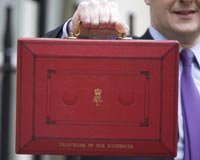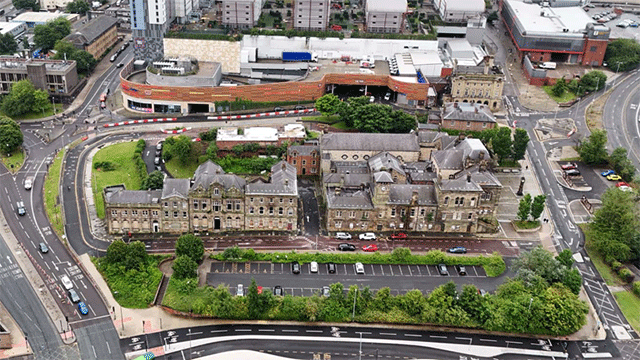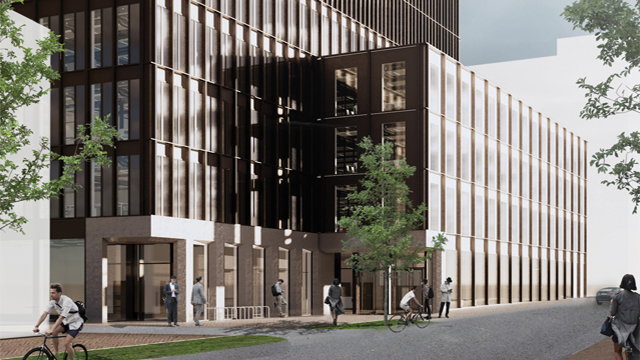“First, do no harm.” This was the call for stability that we put to the government ahead of last week’s Budget. In addition, we outlined measures aimed at helping to return our industry to good health and to meet the need for investment in infrastructure, stalled developments and homes.
Although commercial property is no longer on life support, the patient is yet to make a full recovery, particularly outside London. So how did the doctor perform?
This was no kill or cure Budget, with the major bloodletting reserved for mansion owners, banks and pensioners. On our call for stability, therefore, we can be cautiously satisfied.
While no one likes to see extra taxes on property – in this case, very high-end residential – George Osborne seems to have heeded our warning to tread carefully with changes that could affect the wider commercial property market. But we must remain vigilant to ensure that stamp duty and capital gains reforms do not penalise legitimate residential investors or restrict the flow of overseas money into the private rented sector.
Pleasingly though, the government seems to have understood, finally, our message that the property industry is not an amorphous blob that can be considered, and taxed, as a single entity.
Disappointed
On the other hand, we are disappointed at the lack of any mention of mortgage REITs. By helping the banks cope with an overhang of legacy debt, they could make a valuable contribution to creating a more diverse and resilient UK property finance market.
On measures to boost investment, we are heartened that Osborne is to maintain his pro-growth approach to planning reform, and welcome his intention to reduce the administrative burden that green taxes pose to businesses by reforming the Carbon Reduction Commitment – both key industry campaigns.
Balanced against this is ministers’ unwillingness to attempt to understand, let alone ameliorate, the impact of empty property rates and their less than half-hearted commitment to Tax Increment Finance.
So where does this leave us, and what must we do next?
First, we must keep making the case for stability, to ensure the government is alive to the unintended consequences and negative impacts of poorly thought through regulations on property, the banking system and the wider economy.
More punitive
Second, we must show that we are ready to embrace the changes necessary to create a sustainable built environment. If we cannot articulate our own solutions, the chancellor may find others in his Red Box that are significantly more punitive.
Third, and most importantly, we must carry on making the case for our industry, not only as one that underpins almost all other economic activity, but as one that is an engine of growth in its own right.
Ours is one of the largest industries in the UK today, employing more than 1m people in the commercial sector alone, and contributing almost £50bn to the UK economy pa. We may have taken a knock, but we are still vital to the health of the UK. We must make clear that the patient can do a great deal to help the doctor.
Toby Courtauld is president of the British Property Federation











